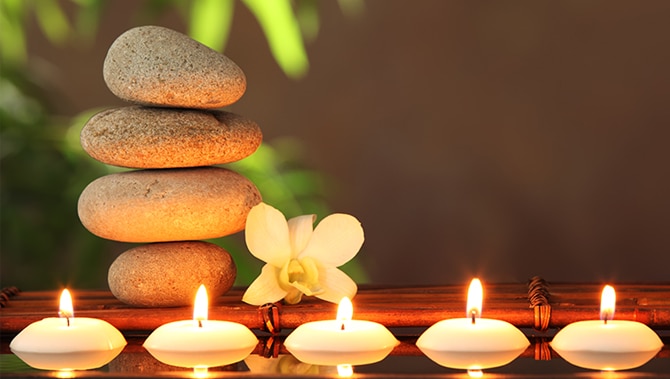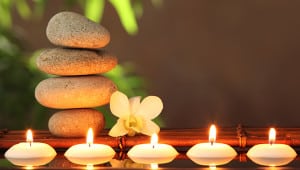If you want to understand Chinese culture, I suggest visiting a massage parlor in China. I’m not talking about the high-end SPAs that you find in a Hilton or a Sheraton. I’m talking about your neighborhood massage parlor, where a massage costs below $40 an hour, where you never need to make an appointment, where the masseurs know their frequent customers by name.
The Chinese massage parlor is a place that, more than anywhere else, reminds me of the cultural difference between China and the U.S. Each trip is a telling ethnographic exercise.
From the moment I walk into the Chinese massage parlor, I’m usually barraged with questions by my masseuse, who is invariably very eager to get to know me. I become a reluctant party of an hour-long conversation with a Chinese woman that I’ve never met before and never chose to talk to.
If I transcribe the questions I get asked by Chinese masseuses, it would look like it’s taken from a manual on “How NOT to start conversations with people” in the U.S.
- How old are you?
- Are you a student?
- Why are you still a student if you’re 24?
- [To another masseuse] Look at her skin! I wish I could be young again.
- You go to school in America? Your family must be rich!
- What does your mother do? (She’s a professor? No wonder you are smart.)
- How much pocket money does your mother give you each month?
- Do you get massages in America? They are not as good as the Chinese ones, right?
- How expensive are massages in America?
- When do you return to America?
- You have a lot of tension in your neck and shoulder. You should come in every day when you’re home so that we can make it right.
- …..
The Chinese massage parlor is a noisy place where your masseuse could be chitchatting with another masseuse who’s massaging your friend in the same room, gossiping about their customers and colleagues as if there is no one else in the room. It’s a place where I can never fall asleep.
This is pretty much the polar opposite of my experience in American massage parlors. When I walk into one, I’m first told that “Your therapist will be with you in a minute” (I have never heard anyone say the word “therapist” in China). I’m there to receive a “therapeutic treatment,” and my massage should be a recuperative experience that leaves me refreshed.
It’s a tranquil space where everything is designed so that I can rewind, where any noise could be considered unprofessional. I’m asked if the lighting is soft enough and if I would like the background music to be changed. The therapist-patient relationship is a strictly professional one. I often need to sign a form certifying that my health condition is fit for a massage before I can start receiving services. The therapist takes care not to invade my privacy and hardly talks to me besides asking whether the pressure should be adjusted. I often fall asleep during massages in the U.S. In sum, there is a clear-cut line between service industry professionals and customers, and breaching these boundaries can lead to anything from consumer complaints to a lawsuit.
To me, the masseuse represents Chinese culture at its most authentic. The Chinese common people endorse a universalist view of other people: Everyone is a human. No one has special rights over the others. The server-customer relationship is much more fluid and informal. If they are curious about some aspect of your life, they ask about it—whether you are a relative or a stranger. There is no such thing as “political correctness” or “appropriateness” or “privacy” or “awkwardness.”
I’m often told by non-Chinese people that the Chinese cares about not losing “mianzi” (face) in front of others. If this is true, why do Chinese people ask questions that are intensely personal and would be considered privacy violations in the U.S.? Are they not afraid of being labeled “rude”?
The answer, I think, is that while Americans care more about “correctness,” Chinese people care more about “cordiality.” If I’m asking you a personal question like how old you are, it shows that I see you as family or friend, and if you accept my invitation to be part of my ingroup, you wouldn’t mind me asking. “Politeness” is defined not in rigid patterns of what one can say and what one can’t say, but in a more fluid way: Are you being nice to this person? Are you contributing to his/her well-being? It’s a different way—warmer, fuzzier—of thinking about interhuman relations. Chinese culture focuses on harmony and belonging, not individual rights of privacy. Sharing is an important part of getting along.
The best way to get to know the real China is to talk to masseuses, Didi drivers, food delivery men. Once, when I got into a Didi, the first thing the driver said to me was not “hello,” but this complaint: “Why are you ordering a Didi for such a short trip? Even the amount of time it took me to drive here is longer than your trip.” As I apologized, I could not help but smiled to myself. It felt strangely homely.
(This blog was first posted on April 2017, with permission from the author.)



